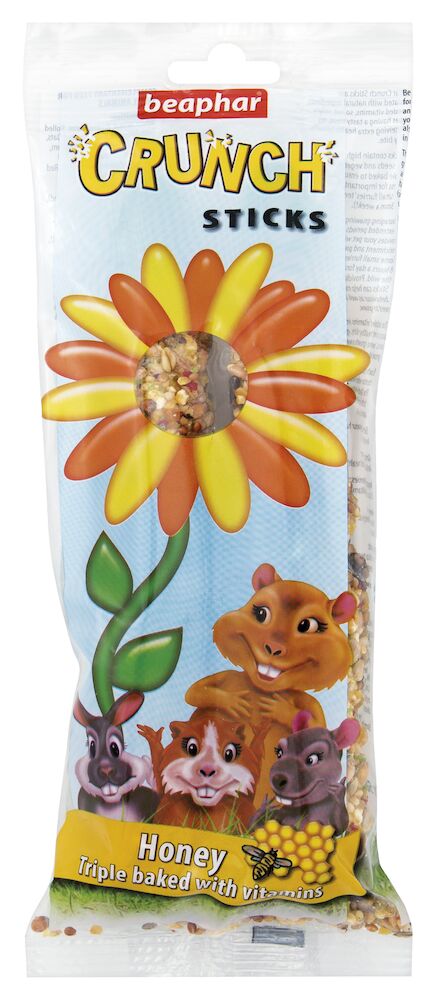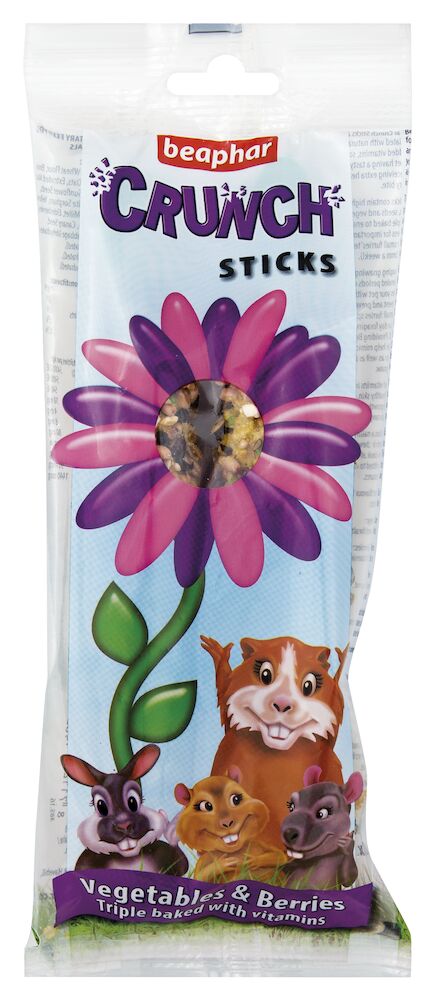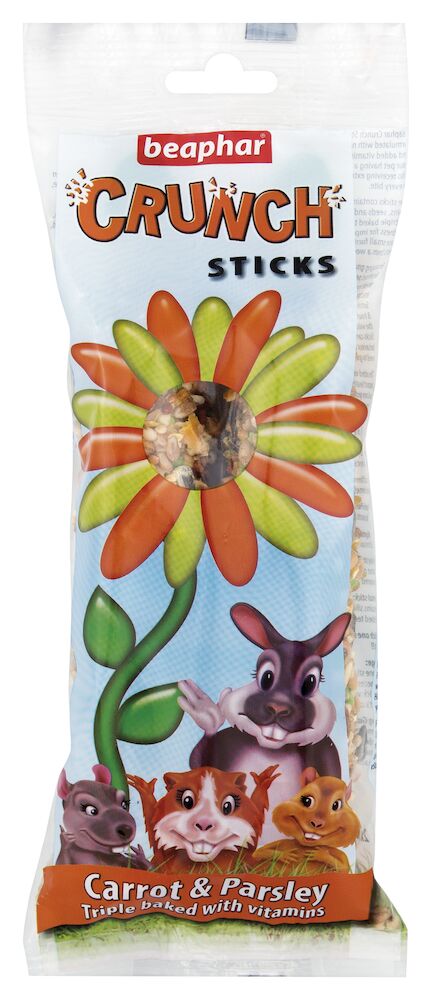Dental Problems in rabbits - causes, signs and solutions
We all know we should take care of our own teeth, but what about our rabbits’ teeth? Dental problems in rabbits can lead to serious health problems. It is important to learn how to keep your rabbit’s teeth healthy and the signs of rabbit dental problems you should be looking out for. It's also a good idea to have your rabbit’s teeth checked by a vet during their annual vaccinations or a check-up.
What causes dental problems in rabbits?
Some dental problems rabbits suffer from are hereditary, although some can be caused by accident or illness. However, the main cause of dental problems in rabbits is fortunately very easy for rabbit-owners to solve; their diet.
All rabbits have open rooted teeth, meaning they grow continually – growth can be as fast as one centimetre per month! This continual growth means a rabbit’s teeth must be worn down through eating and gnawing. If the correct diet isn’t being fed, then your rabbit’s teeth will continue to grow without being worn down. This will be painful for your rabbit and can lead to other serious health problems.
What are the signs of dental problems in rabbits?
As prey animals, rabbits will naturally mask any sign of weakness. This means pain and discomfort can easily go unnoticed. The most common signs of dental problems in rabbits that pet-owners may notice are changes in eating habits and weight loss.
Refusing or being reluctant to eat, favouring one side of the mouth or only eating certain foods are all common signs that your rabbit’s teeth are causing them pain.
This reduction in food intake will then lead to weight loss, and can cause gut stasis. This is when the digestive system slows or stops, and can have serious and potentially fatal consequences for your rabbit.
If you notice any changes in eating habits, weight loss or suspect your rabbit is suffering from gut stasis, you should consult your vet immediately.
Depending on how much discomfort your rabbit’s teeth are causing, you may also find your rabbit’s temperament changes, so be careful when handling them.
Other signs of rabbit dental problems
- Dribbling
- Bad breath
- Broken or twisted teeth
- Watery eyes
- Runny nose
So, how do you keep a rabbit’s teeth healthy?
The key way to keep your rabbit’s teeth healthy is by feeding the correct diet. Rabbits are herbivores, and in the wild would live on a diet of grasses, herbs and plants. Therefore, it is important to mimic this for your pet rabbit by feeding lots of good quality, fresh hay.
Hay should make up the majority of your rabbit’s diet. You should give your rabbit a portion of hay roughly the same size as them every day. Eating hay helps wear a rabbit’s teeth down and is essential for their digestion. It also helps meet their behavioural needs; rabbits would naturally forage for food in the wild, and giving hay encourages this behaviour.
Alongside hay, a portion of good quality, commercially prepared rabbit food should be given daily. It is important to follow the feeding guidelines on pack to ensure you’re feeding your rabbit the correct amount.
Pelleted diets ensure your rabbit gets the full nutritional value of the food. Some rabbits will pick their favourite bits out of muesli, meaning they miss out on vital nutrients. This is bad for their general health as well as their teeth.
Beaphar Care+® Rabbit is hardened to support the natural wearing of the teeth, thus reducing the risk of dental problems. The pellets contain 25% fibre to aid digestion, and use an extruded, all-in-one formulation. This ensures each food pellet contains the same composition and prevents selective feeding.
Beaphar Dental Easy Treat for small animals are specially formulated, crunchy treats to support the natural wearing of teeth. They also contain 22% fibre to support digestion. These treats are ideal for mixing with hay to encourage your rabbit’s natural foraging behaviour while supporting their dental health at the same time.
Alongside hay and pelleted food, your rabbit should always have access to fresh, clean drinking water, and a small handful of leafy vegetables. Carrots, while lovely and crunchy, contain high amounts of sugar, so should only be given as an occasional treat.







